News

Apr 16, 2024
Huck trainees recognized at graduate school awards
Four Huck graduate students were recognized with distinctions at the recent 2023-24 Graduate Student Awards, hosted by the Graduate School at Penn State.
Full Article
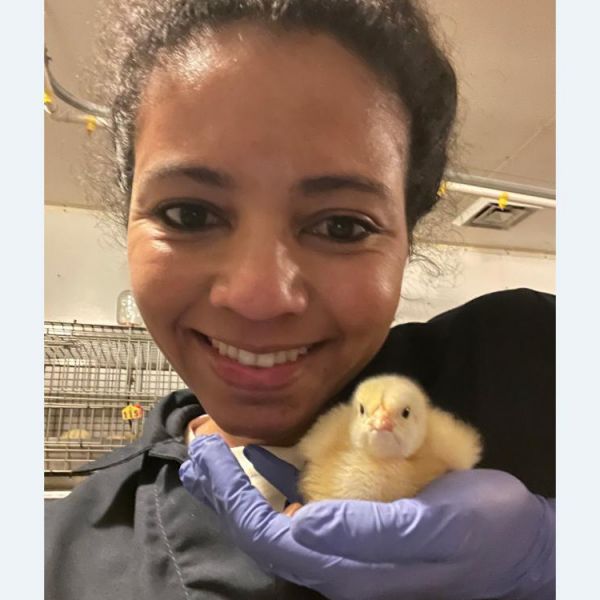
Apr 15, 2024
Probiotic feed additive boosts growth, health in poultry in place of antibiotics
Antimicrobial resistance is an increasingly serious threat for public health, and the use of antimicrobials in livestock feed has been a major contributing factor in the emergence and spread of antimicrobial resistance to many drugs, according to the U.S. National Institutes of Health.
Full Article
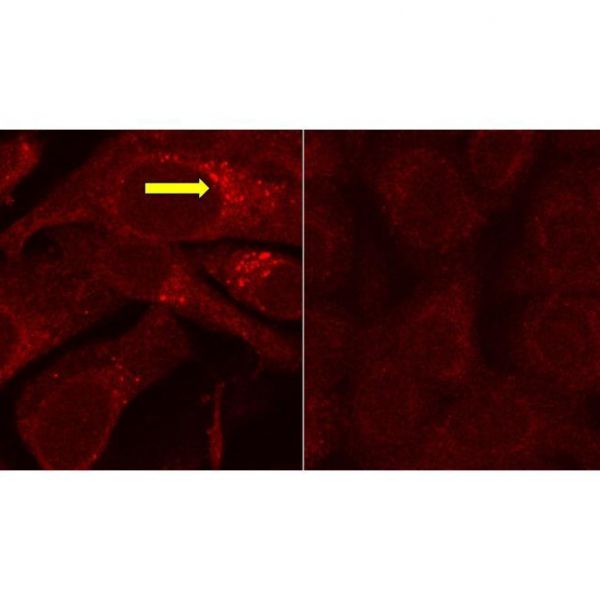
Mar 06, 2024
Lung cancer cells protected from cigarette smoke damage, researchers find
New research by a team of undergraduate students led by a Penn State molecular biologist may have revealed how lung cancer cells can persist in smoke. The mechanism could be related to how cancer cells develop resistance to pharmaceutical treatments as well.
Full Article
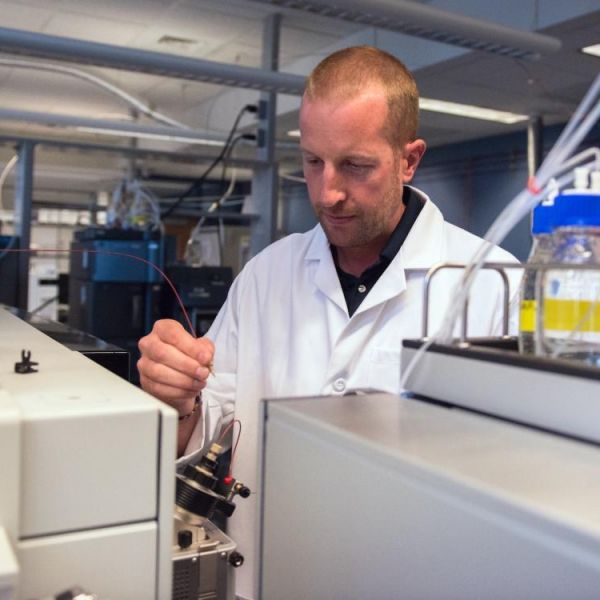
Feb 28, 2024
New role for bacterial enzyme in gut metabolism revealed
Bile acids long have been known to play a role in human metabolism. Synthesized from cholesterol in the liver, bile acids are involved in digestive processes, particularly in absorbing fat.
Full Article
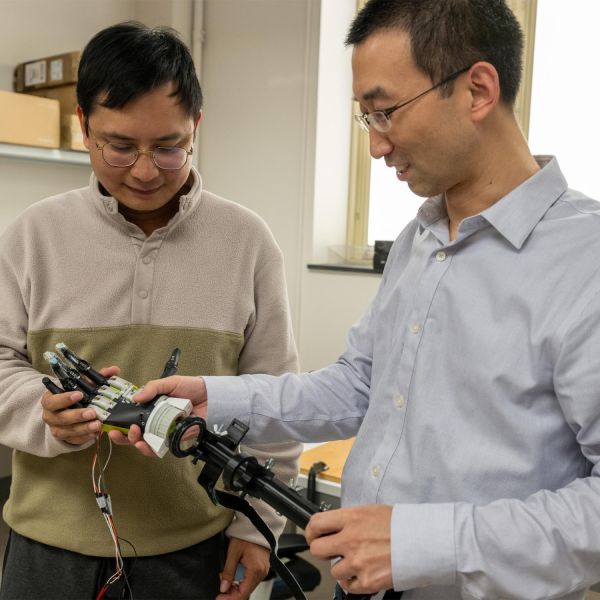
Jan 30, 2024
$4M grant funds project to make robotic prostheses more like biological limbs
Prosthetic hands that incorporate robotics can perform dexterous self-care tasks, but they are often hard to operate, requiring a user’s constant attention with a limited number of hand functions. With a five-year, $4 million U.S. National Science Foundation grant, Penn State researchers aim to make robotic protheses more useful for people living with amputations.
Full Article
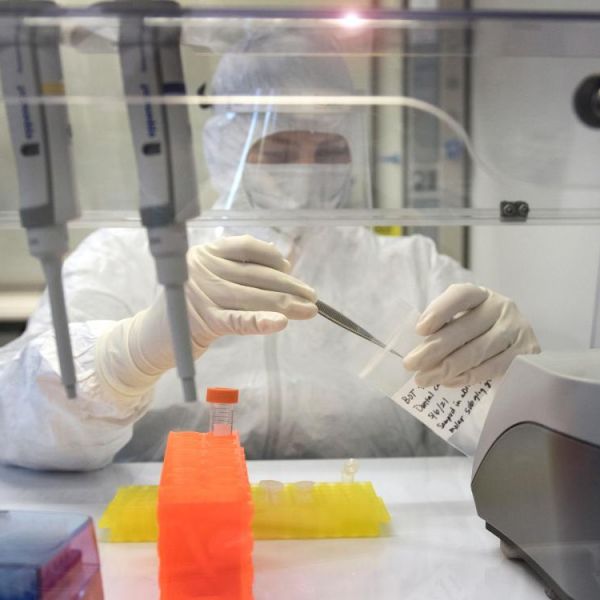
Dec 04, 2023
Study of ancient British oral microbiomes reveals shift following Black Death
The Second Plague Pandemic may have led to oral microbiomes that contribute to modern-day chronic disease, according to new research
Full Article
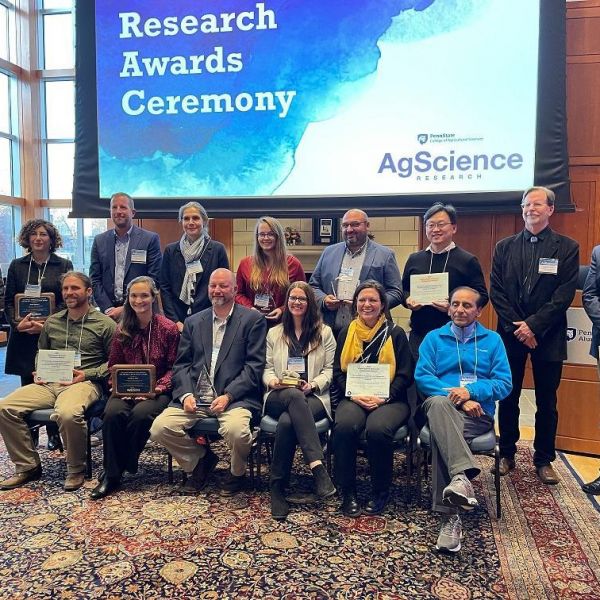
Nov 28, 2023
College of Ag Sciences recognizes faculty, staff for research achievements
Penn State’s College of Agricultural Sciences lauded outstanding accomplishments in research during the 2023 Research Awards Ceremony, held Nov. 1 at the Hintz Family Alumni Center on the University Park campus.
Full Article

Nov 13, 2023
Workplace flexibility associated with lower risk of cardiovascular disease
Increasing workplace flexibility may lower employees’ risk of cardiovascular disease, according to a new study led by researchers from Penn State and Harvard.
Full Article

Oct 16, 2023
Females less likely to heal from ACL injuries than males
A study using an animal model is the first to examine tissue healing following chronic overuse injuries of the anterior cruciate ligament. Females also are less able to heal from these microtraumas than males.
Full Article
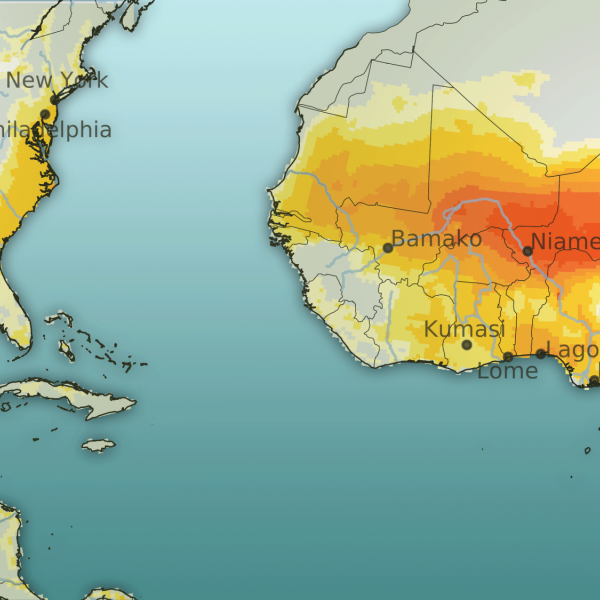
Oct 10, 2023
Climate-driven extreme heat may make parts of Earth too hot for humans
If global temperatures increase by 1 degree Celsius (C) or more than current levels, each year billions of people will be exposed to heat and humidity so extreme they will be unable to naturally cool themselves.
Full Article